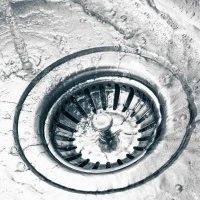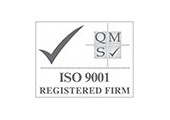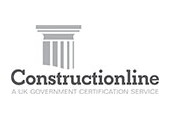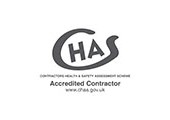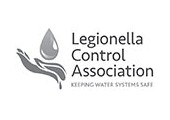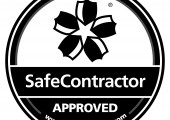As of Feburary 2016, The law is clear that if you are a landlord and rent out your property (or even a room within your own home) then you have legal responsibilities to ensure the health and safety of your tenant by keeping the property safe and free from health hazards.
Section 3(2) of the Health and Safety at Work Act 1974 (HSWA) makes provision for relevant health and safety legislation to apply to landlords to ensure a duty of care is shown to their tenants’ with regard to their health and safety.
Our Landlord Risk Assessment is a computer aided professional analysis that encompasses a thorough examination of the hot and cold water systems (this does not include cooling towers, emergency water and process water unless prior arrangements have been made with CLIRA). The result is a detailed plan for the protection of every aspect of the water system hygiene.
A simple assessment may show that there are no real risks and are being properly managed and no further action is needed. It is important to review the assessment in case anything changes in the system.
Implementing simple, proportionate and appropriate control measures will ensure the risk remains low. For most domestic hot and cold water systems, temperature is the most reliable way of ensuring the risk of exposure to Legionella bacteria is minimised ie keep the hot water hot, cold water cold and keep it moving. Other simple control measures to help control the risk of exposure to Legionella include:
- flushing out the system prior to letting the property
- avoiding debris getting into the system (eg ensure the cold water tanks, where fitted, have a tight fitting lid)
- setting control parameters (eg setting the temperature of the hot water cylinder (calorifier) to ensure water is stored at 60°C)
- make sure any redundant pipework identified is removed.
The risk is further lowered where instantaneous water heaters (for example combi boilers and electric showers) are installed because there is no water storage.
Tenants should be advised of any control measures put in place that should be maintained eg not to adjust the temperature setting of the calorifier, to regularly clean showerheads and tenants should inform the landlord if the hot water is not heating properly or there are any other problems with the system so that appropriate action can be taken.
Where showers are installed, these have the means of creating and dispersing water droplets (aerosols) which may be inhaled causing a foreseeable risk of exposure to Legionella. If used regularly (as in the majority of most domestic settings) the risks are reduced but in any case, tenants should be advised to regularly clean and disinfect showerheads. Instantaneous electric showers pose less of a risk as they are generally cold water-fed and heat only small volumes of water during operation.
